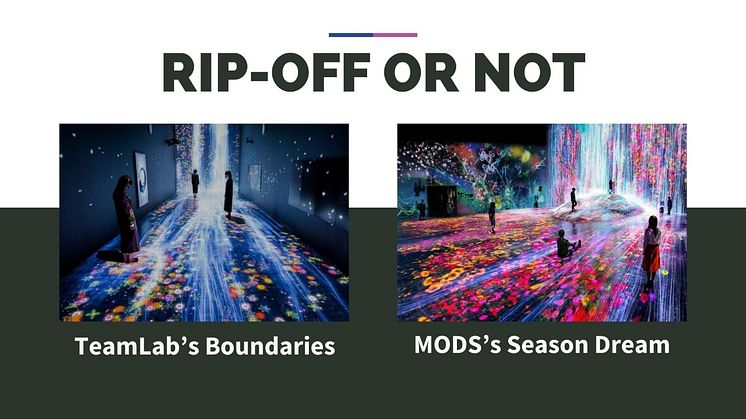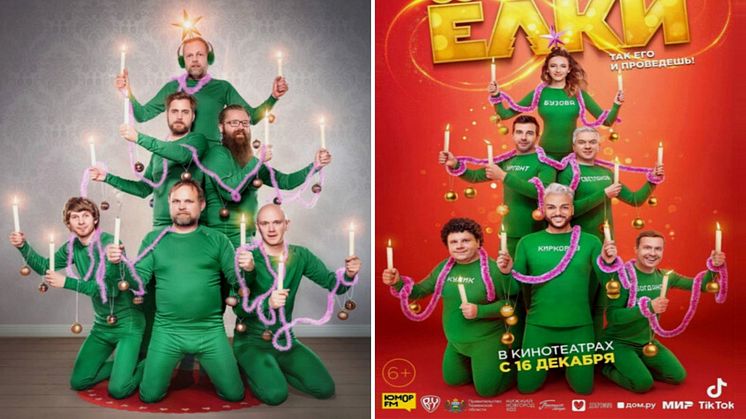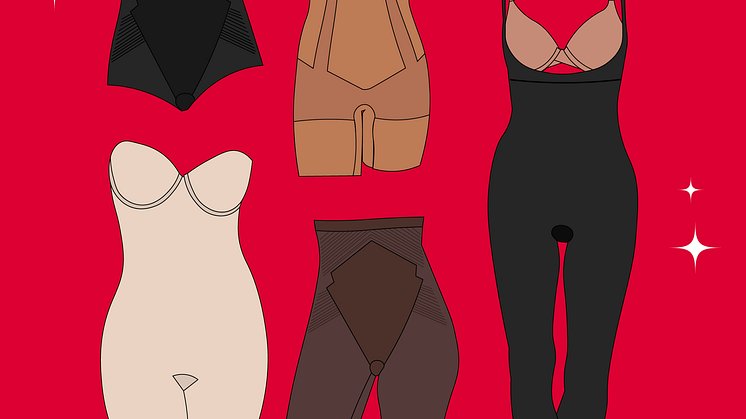
News -
teamLab sues a museum for copying its immersive art, but can it really be protected when the artwork itself is ever-changing?
Japanese art collective teamLab, founded in 2001 and known for creating 360-degree interactive software environments, has sued the Museum of Dream Space (MODS) for violating its copyrights.
teamLab’s museums have become popular over the years. In fact, its museum installations and other players such as Yayoi Kusama’s “Infinity Mirrored Rooms” and the Color Factory are so successful that they have attracted a slew of imitators in the industry.
teamLab has been fighting a legal battle against MODS for almost two years, claiming that the latter’s Los Angeles’ Museum has violated its copyright and fooled customers into believing that both the companies are associated with each other.
MODS was formed in 2018 by the US-based subsidiary of a Beijing tech company called Dahooo that produces light shows, 3D maps, and installations for shopping malls. The subsidiary has museums in Los Angeles, Beverly Hills, and Las Vegas.
When MODS’ first museum was launched in the US, fans quickly identified the installations as being similar to that of teamLab.
teamLab found that two of its own works were highly similar to those on view at MODS: Boundaries (2017), first displayed at Pace London, and Crystal(2015).
It alleged that MODS’s artwork is similar to its own “protectable expression,” including “the use of multicolored flowers flowing across the ground, the streams of light/water cascading down the wall and onto the ground, and the interactivity of the work responding to the user’s proximity to the exhibit.”
It further said that “both works also contain artwork flanking either side of the waterfall giving off the appearance of outer space or stars.”
Since the copyright challenge began, teamLab has won the initial minor battle where MODS acknowledged that it had used teamLab’s installations images on its social media accounts but has rejected that its intention was to defraud or confuse consumers. The images have been removed from MODS’ social media accounts.
MODS has refuted the copyright allegations. Last week, it said that teamLab cannot sue because their copyrights are not registered in the US, and even if they were, the components that are alleged to have been copied are “either not original to teamLab, not protectable, or both.”
teamLab believes it is entitled to sue them in the U.S. because both countries are party to the same international convention that protects the copyright of artworks.
MODS even questioned whether the ever-changing artwork can be protected under copyrights.
They said that teamLab’s Boundaries has “a significant interactive aspect that changes the work every time a viewer walks through it,” which is “ever transforming.”
It has also claimed that there are plenty of artists who use mirrors and LED lights to create installations, including Yayoi Kusama and Erwin Red.
This isn’t the first time teamLab has experienced copyright theft. Last year, it won a case against a Chinese company that used teamLab’s name to promote an immersive art installation.
The next hearing in the case is scheduled for June 10, but if no judgement is made, the case will go to trial in August.
However, if the decision is made in June, it could set a benchmark for the intellectual property law in the business of immersive art.
To understand the case from a legal standpoint, PitchMark’s legal advisor Frank Rittman has shared his views below.
Putting aside the substance of teamLab’s claim against MODS of substantial similarity, teamLab’s failure to register their work for copyright will present some distinct challenges going forward. Although registration in the United States is no longer a required formality for copyright protection, there are practical advantages for doing so. Aside from prima facie evidentiary presumptions going to the creation of the work that they will now need to “prove” but that registration would have otherwise established, teamLab won’t be eligible for statutory damages -which in the United States can be as high as USD 150,000 per infringement – should they prevail, meaning they’d need to also “prove” the degree of harm they claim to have suffered.
Another impediment is that the court will only award the recovery of your attorneys’ fees if you register the copyright. This could result in teamLab paying more to litigate the case than they stand to reasonably recover.
As for the substance of the claim, MODS’ defense is that the concepts represented in teamLab’s installation…multi-colored flowers and waterfalls surrounded by ambient light, etc. are not protected by copyright and that their immersive installation is sufficiently distinguishable so as not to be infringing.
It’s arguable whether teamLab’s better claim may have been for unfair competition, for MODS having attempted to “pass off” teamLab’s installation as their own. That’s a trademark violation rather than a copyright claim.
PitchMark helps innovators deter idea theft, so that third-parties that they share their idea with get the idea but don’t take it. Visit PitchMark.net and register for free as a PitchMark member today.




